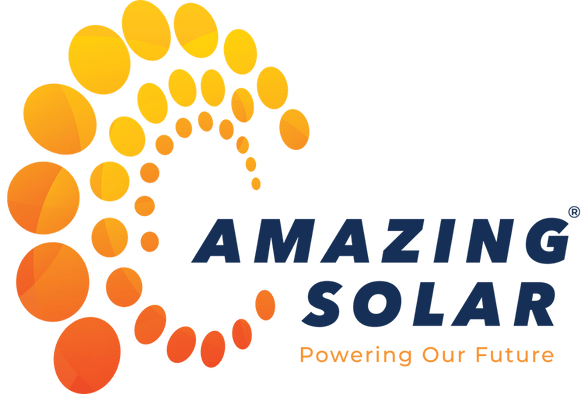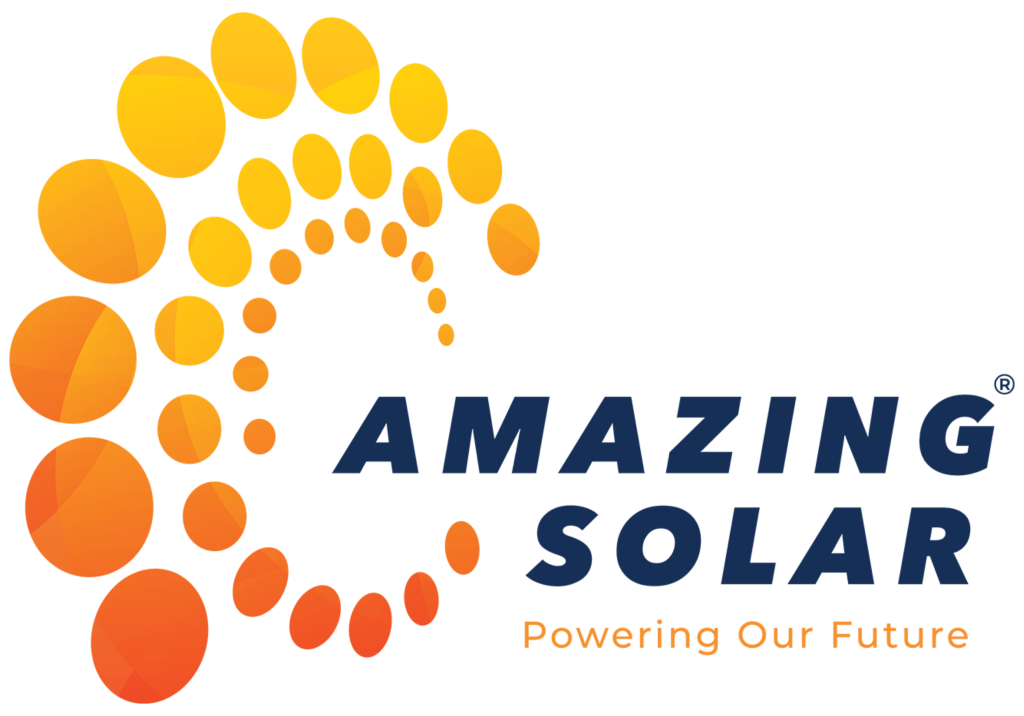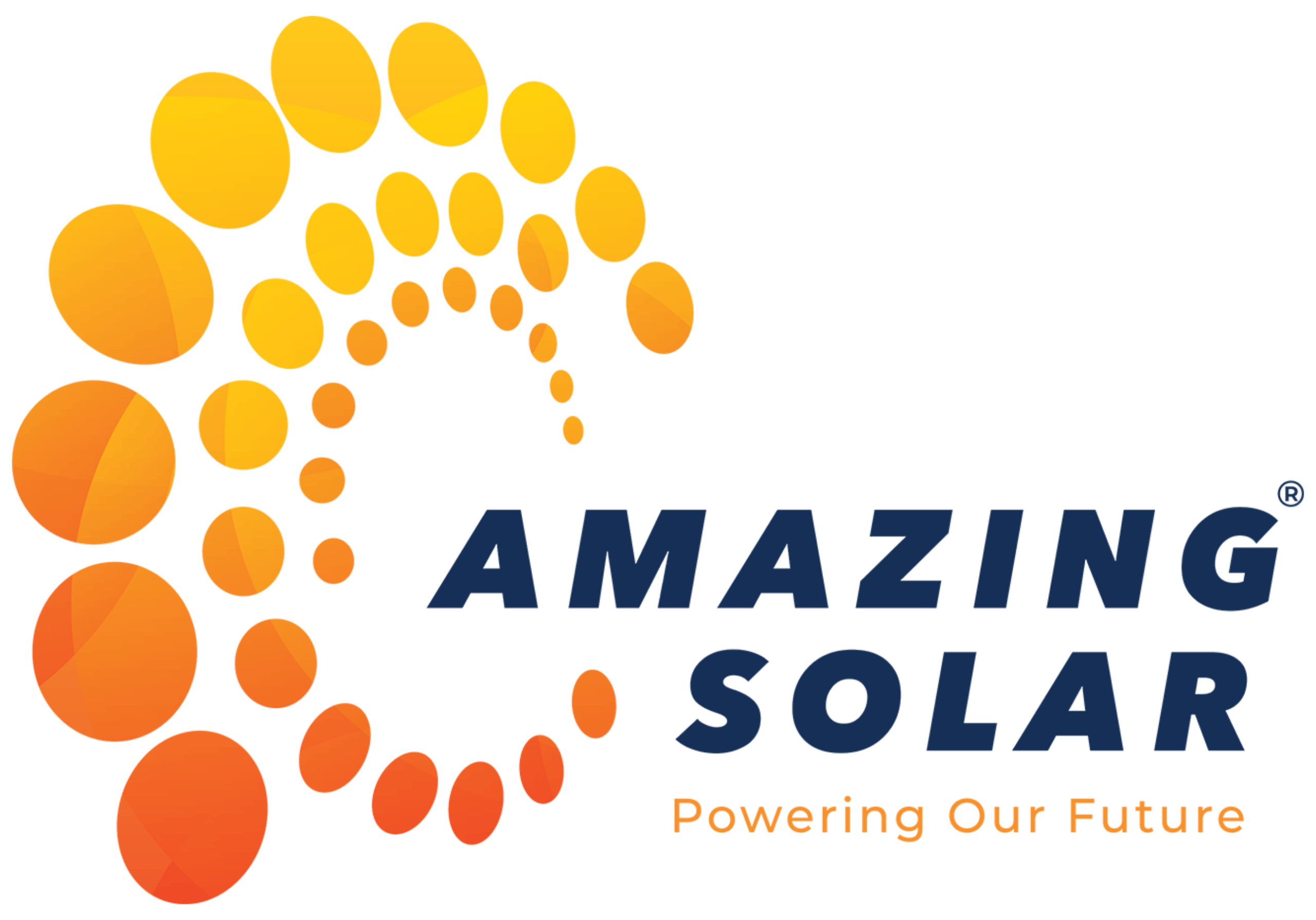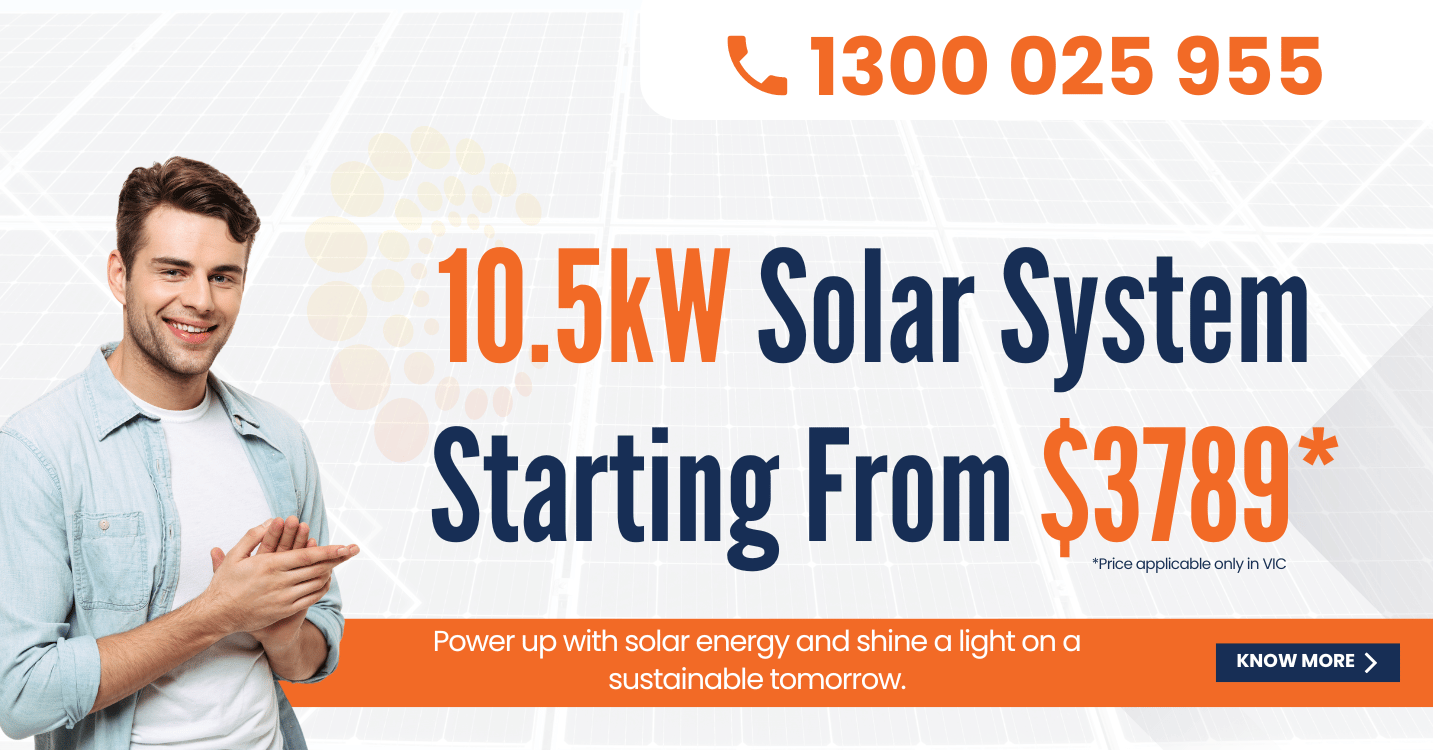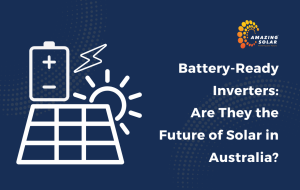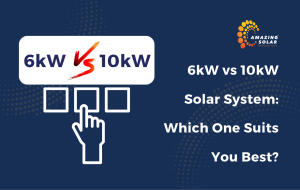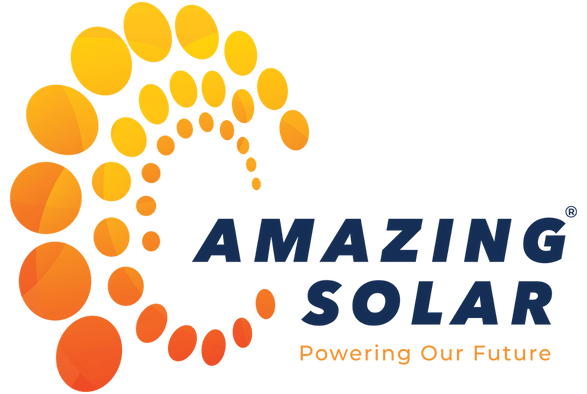Unlike buying any other electronic home appliance or a gadget, with residential solar panels you cannot simply enter a store, check the product, compare the prices and buy! That is because you can easily be duped with sub-standardised products priced at exorbitant rates. The Australian residential solar industry puts a high sales pressure through pushy advertisements, in-home sales tactics and flyers stuffed outside your doorstep. These measures may come across as a norm to many. However, if you wish to beat these misguided ads, you must be well informed about residential solar systems.
While there are many companies who will offer you the best quotes for residential solar systems, but simply getting prices shouldn’t be your 1st step. Getting access to good information and ensuring there is transparency in pricing, is the key aspect to receive the best deals. Are you wondering what to do before going solar? Don’t worry! We got you.
Here are 10 steps by Amazing Solar, which every consumer must know and do while collecting the solar quotes to best quotes on residential solar panels that suit your budget.
- Understand Solar Terminologies: While receiving a quote, a solar representative may use terms which you may not understand. Thus, instead of staying blank or confused you must know a few terms like:
- Inverter: An inverter is a must-have equipment with a solar system. Inverter aids in converting the direct current (DC) electricity from solar panels into alternating current (AC) electricity that can be used to power your home.
- Net Metering: Net Metering is when you sell the excess energy produced by your solar panels to the local electric company.
- Price per Watt: Most solar companies offer a quote that includes the price per watt, which makes it easier to compare one system with another. However, be cautious as these prices can vary with the size of residential solar system.
- Check the Average Solar Panel Costs in the Area: It is important to know the average cost of residential solar panel installation in your area. This average amount will serve as a benchmark of what you should pay.
- Accredited and Reliable Solar Brands: You must trust and invest only with a CEC (Clean Energy Council) accredited solar power company. Upon through research you can divide the providers and installers into 2 categories, i.e., Tier 1 and Tier 2. In Tier 1 you can include the reputed companies and established manufacturers who have handled large-scale projects. Tier 2 will include medium and small scale companies that lack a proven track record. These categories will help you in shortlisting your ideal solar company.
- Reviews and Feedback: From the shortlisted solar installation companies, you must read the reviews and feedback posted by their customers. This will give you a fair idea about their services, quotations and the reputation of the solar installer. A trusted company with a good rating will provide you with a premium quality product and a good warranty period.
- Check your Financing Options: If you do not have sufficient savings in cash to buy a residential solar system, you can consider other financing options such as:
- Solar Loan through the solar company or 3rd party.
- You can lease equipment for a monthly fee.
- Sign up for a Power Purchase Agreement (PPA).
- Calculate the Solar Energy Output for your Home: How much energy does your home require per day depends on the electrical appliances at use as well as the number of family members. A per day energy consumption analysis will help you determine the number of solar panels you require. This will directly help you in calculating the average costs.
- Check your Roof: Before finalising a quote on the basis of your daily energy consumption, you must check whether your roof is ready solar panels. You need to know if the size of your roof is big enough to hold solar panels and whether you have access to direct sunlight without any obstruction from trees or high-rise buildings. If not, you will require quotes for ground-mounted residential solar panels.
- Consider Local Government Incentives: You can save a significant sum of solar investment by being aware of the local Government incentives and tax credits. It is important to know about these facilities and what is the eligibility criteria for them.
- Add Solar Battery to the Quote: By simply buying solar panels you do not get access to solar power. Solar batteries are essential and must added in the final quote. With solar you wish to avoid power outages and purchasing a solar battery is the key to preventing loss of power.
- Consider the Upfront and Hidden Costs: After checking all the factors, you must consider that the pricing is free from hidden charges and surplus taxes. Also, remember to add the warranty period to the final quote.
Do you want more details on residential solar systems? Do you want to receive the best quotes? If yes, connect with Amazing Solar today!

